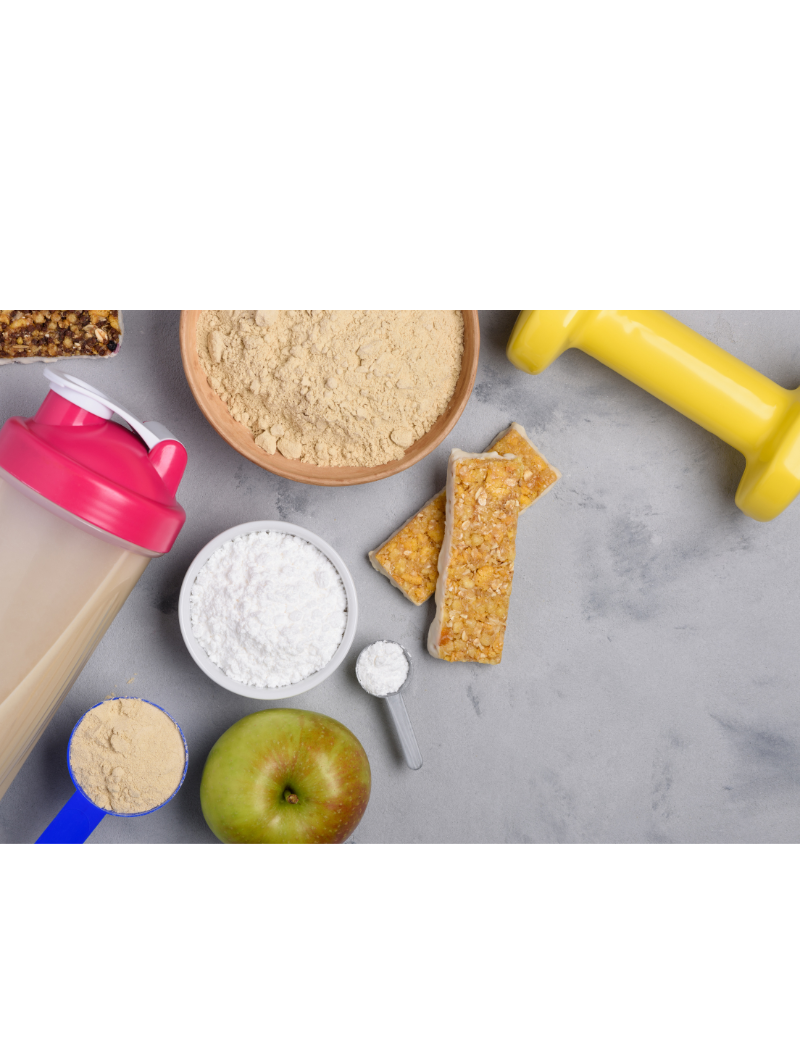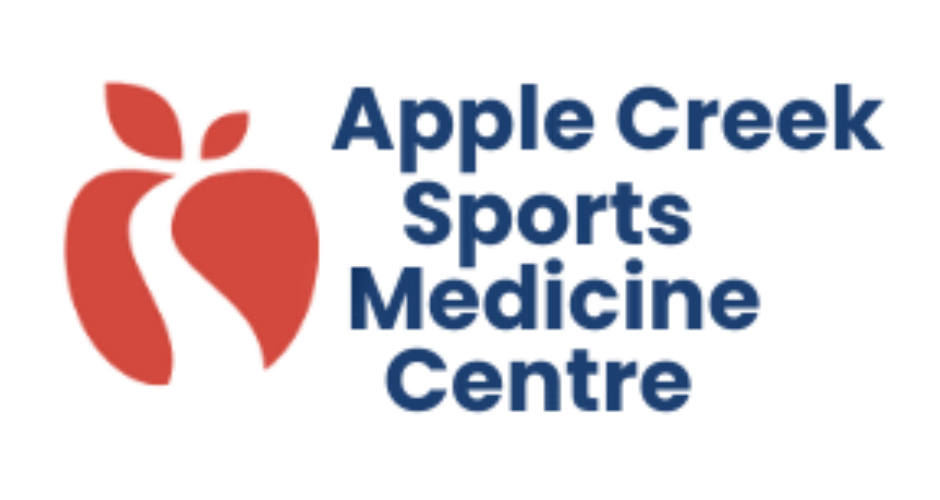
Sports Supplements: What’s Worth It and What’s Not
Brock Palma, Osteopathic Manual Practitioner
Athletes and fitness enthusiasts are constantly looking for an edge—whether it’s improving performance, speeding up recovery, or building muscle more efficiently. The sports supplement industry is massive, offering a dizzying array of products that promise to deliver these benefits. But not all supplements are created equal. Some are backed by solid science, while others are little more than expensive hype. So, what’s worth your time and money—and what’s not?

What’s Worth It
✅ Creatine Monohydrate
Creatine is one of the most researched and effective supplements available. It enhances strength, power, and muscle mass by increasing the body’s phosphocreatine stores, which help produce ATP (energy) during high-intensity exercise. Studies consistently show that creatine improves performance in weightlifting, sprinting, and other power-based sports.
- How to use: 3–5 grams daily, with or without a loading phase.
- Best for: Strength, power, and muscle growth.
✅ Protein Powder (Whey, Casein, and Plant-Based)
Meeting your daily protein needs is essential for muscle repair and growth. Protein powders offer a convenient way to increase protein intake, especially post-workout when muscle protein synthesis is heightened.
- Whey protein – Fast-digesting, ideal for post-workout.
- Casein protein – Slow-digesting, great before bed.
- Plant-based protein – A good alternative for those with dairy intolerance.
- How to use: 20–40 grams post-workout or to supplement daily intake.
Best for: Muscle growth and recovery.
✅ Caffeine
Caffeine is a well-known performance enhancer that improves focus, endurance, and strength. It works by stimulating the central nervous system and reducing the perception of effort during exercise.
- How to use: 100–300 mg 30–60 minutes before training.
Best for: Endurance, strength, and focus.
✅ Beta-Alanine
Beta-alanine buffers lactic acid build-up, allowing you to train harder for longer. It’s especially effective for high-intensity exercise lasting 1–4 minutes.
- How to use: 2–5 grams daily (may cause a harmless tingling sensation).
Best for: High-intensity interval training (HIIT) and endurance.
What’s Not Worth It
❌ Branched-Chain Amino Acids (BCAAs)
While BCAAs (leucine, isoleucine, and valine) play a role in muscle protein synthesis, you’ll get enough from a well-balanced diet or a high-quality protein supplement. Research suggests that BCAAs alone don’t provide any significant benefit over simply consuming enough protein.
Verdict: Skip it if you’re already meeting your protein needs.
❌ Testosterone Boosters
Many so-called “natural testosterone boosters” (like tribulus terrestris and D-aspartic acid) have limited or no evidence supporting their effectiveness. Most studies show minimal to no impact on muscle growth or performance.
Verdict: Save your money.
❌ Glutamine
Glutamine is often marketed for muscle recovery, but research shows that it doesn’t offer significant benefits for strength or muscle mass in healthy individuals. Your body produces enough on its own.
Verdict: Unnecessary for most athletes.
❌ Pre-Workout with Proprietary Blends
Pre-workout supplements can be effective, but many use “proprietary blends” to hide underdosed ingredients. If you can’t see exactly how much of each ingredient is included, chances are it’s not enough to be effective.
Verdict: Look for transparent labeling and evidence-based dosages.
Sports supplements can be valuable tools for improving performance and recovery—but only if they’re backed by science. Creatine, protein powder, caffeine, and beta-alanine are well-supported by research and deliver real benefits. On the other hand, BCAAs, testosterone boosters, glutamine, and shady pre-workouts are more about marketing than results. Before adding a supplement to your routine, consider your specific goals, dietary intake, and training demands. When in doubt, stick to the basics—and let your hard work do the rest.
About the Author:
Brock’s passion for sports, health and the human body lead him to the University of Toronto where he studied Kinesiology, eventually obtaining a Bachelors of Kinesiology degree. Upon finishing his 5 years of post secondary education at the Canadian College of Osteopathy
For more information about Brock click here

